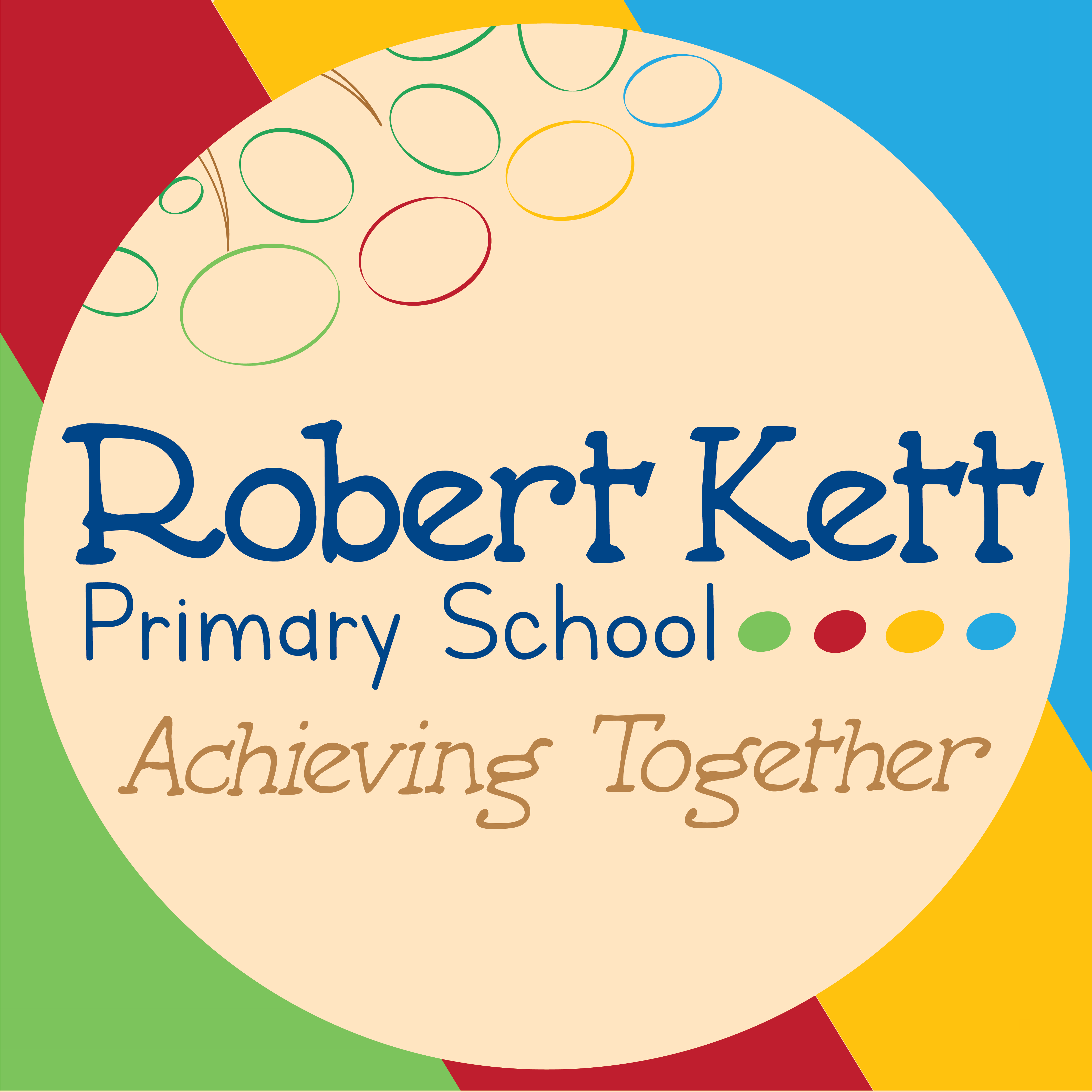Geography
Geography statement
At Robert Kett we feel it is important to nurture and encourage that natural curiosity, to shape and direct it to turn the children into inquisitive, questioning learners who look closely at the world around them and begin to be able to interpret what they see.
As a whole school we look at countries around the world and learn about the similarities and differences between British culture and others, this starts during our whole school topic Near and Far, at the beginning of the year, children compared Wymondham with different places in the world. Each year’s past learning is revisited, and the skills and knowledge are built upon.
In Reception, Geography comes under the curriculum area of ‘Understanding the World,’ providing links with science and history. We encourage the children to explore our outdoor area and investigate the plants and animals that we find there – we begin to understand the seasonal changes around us and follow the children’s interests in learning more. We introduce the beginnings of map work, encouraging children to look closely at what they see and to draw it accurately.
In Key Stage 1, we begin to look in more detail at our local area, particularly during our topic of ‘Buildings’ – investigate Wymondham looking at different buildings and homes and compare them with those in other areas and countries. We will learn to draw and interpret maps and to develop a variety of other skills through our topic work, including those of enquiry, problem-solving, investigating and presenting our work, calling on skills learned in Maths and English and applying them in new ways.
In Key Stage 2, we extend the children’s knowledge and understanding beyond the local area to include the United Kingdom and Europe, North and South America. This will include the location and characteristics of a range of the world’s most significant human and physical features. They should develop their use of geographical knowledge, understanding and skills to enhance their locational and place knowledge.
Fieldworks skills are important, not only for engaging pupils, but also as a way of allowing learners to observe first-hand, ask questions and investigate in practical ways. We are developing a range of fieldwork opportunities, beginning with the use of the school grounds, local town and local area.
We understand how it has never been more important for children to have a comprehensive global understanding of our world and the peoples and cultures that inhabit it. Through this understanding, children will develop respect for the physical world and the vast scope of cultures that make up our diverse planet.
At Robert Kett, we also aim to instil in children a sense of environmental responsibility and encourage them to understand environmental issues at a local and global level. We have an Eco-Committee made up of one child from each class, who are beginning to look at important areas such as our energy efficiency, reducing litter around the school and recycling of school waste.
Our whole school topic approach allows us to build on the children’s prior knowledge and skills. Our aim is to ensure that pupils have a sound understanding of their local environment and can then objectively compare this to locations around the world.
